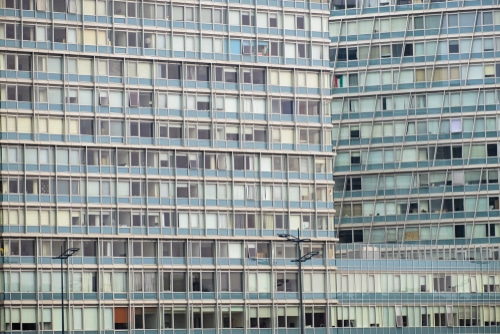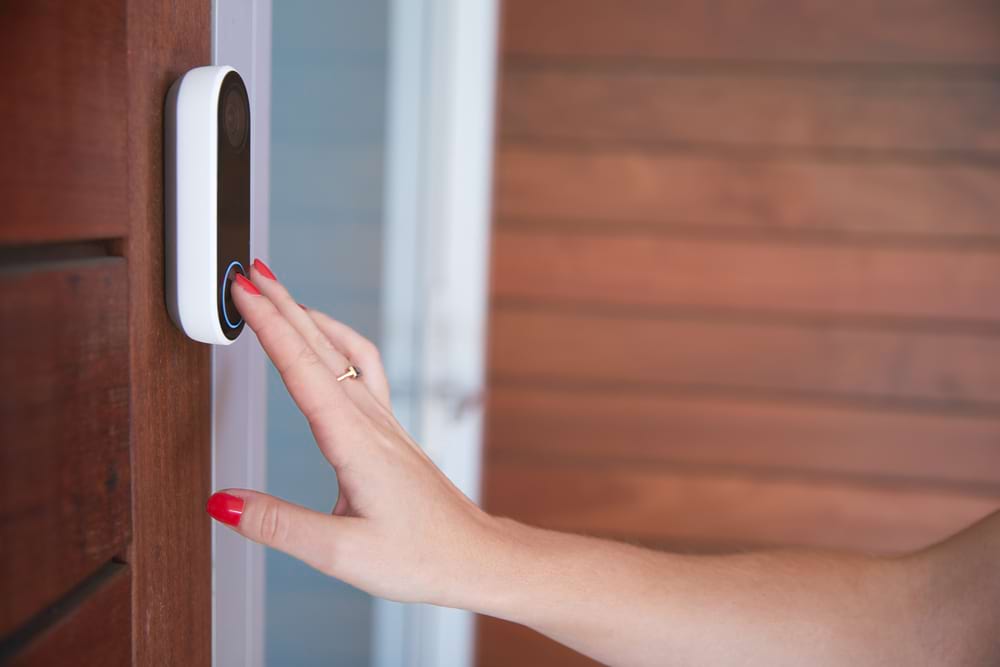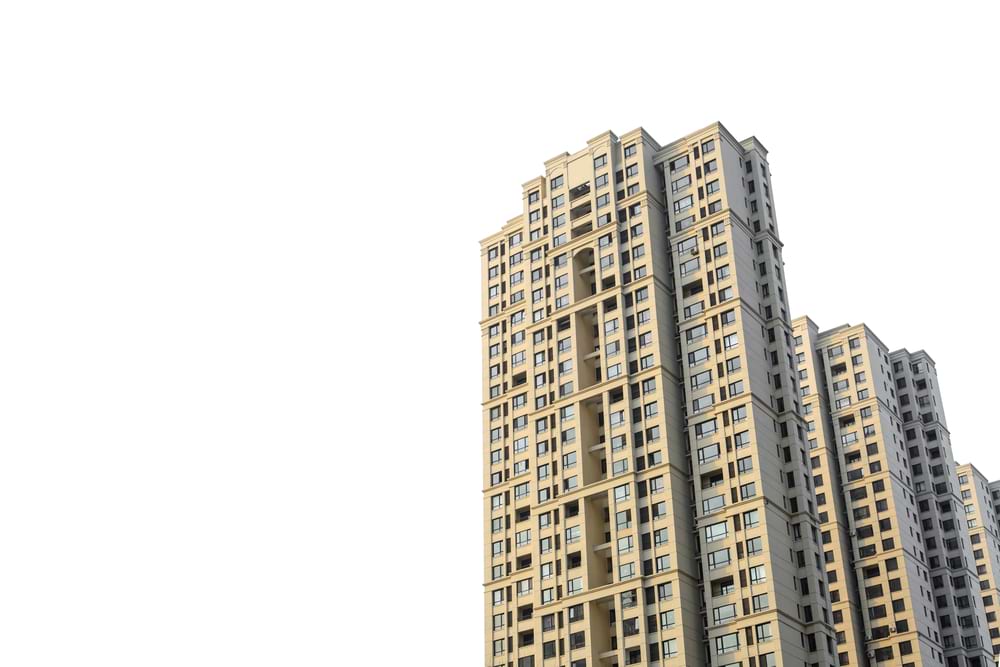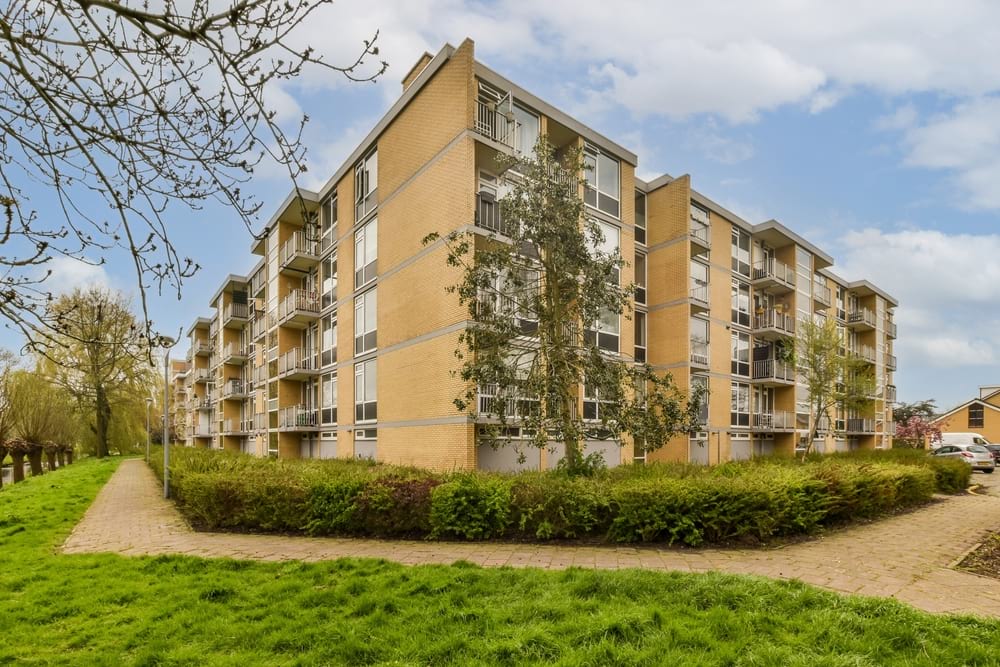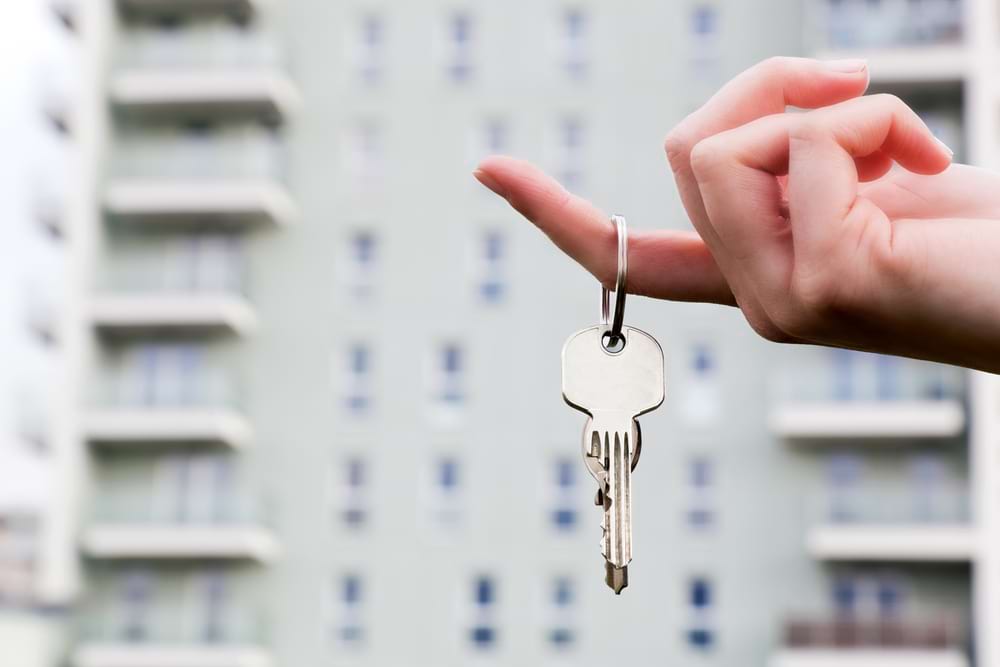Investing in a property is a significant financial decision that requires careful consideration.
One of the most critical factors to consider is whether a leasehold flat will increase in value over time.
In this blog, we’ll explore this question in depth and provide some insights into the factors that can impact the value of leasehold flats.
What is a leasehold flat?
A leasehold flat is a type of property ownership where the buyer has the right to live in the property for a certain period.
Typically, this is 99 or 125 years. The leasehold owner holds the right to occupy the property for the length of the lease, but the land on which the flat is built is owned by a landlord or freeholder.
The freeholder has certain legal rights over the property, including the right to charge the leaseholder an annual ground rent. They are also often responsible for managing the overall building’s maintenance.
In some cases, leasehold flats are part of more extensive developments, including communal areas like parking areas, gardens, and lifts.
When the owner of a leasehold flat comes to sell it, the leasehold carries over to the buyer.
Leaseholds and blocks of flats
Leasehold flats are often found in blocks of flats or apartment buildings.
They may be prevalent in areas with a shortage of freehold properties or where the cost of freehold properties is prohibitively high.
Leasehold terms
A leasehold will set out the rights and obligations of the leaseholder and the freeholder.
It should also include details of the ground rent, service charges, and any restrictions or covenants that apply to the property.
Before buying a leasehold flat, it’s crucial for tenants seek legal advice and check that the lease terms are reasonable and that there are no onerous clauses that might impact the property’s value or make it difficult to sell in the future.
Do leasehold flats increase in value?
In short, yes. Leasehold flats can increase in value over time, like any other property. However, the rate of increase may be lower than for freehold properties, and various factors might impact a leasehold flat’s value. These include:
1. The length of the lease
As the lease gets closer to its expiry date, it may cause the value of the property may decrease. This is because potential buyers may be deterred by the prospect of having to negotiate a lease extension or even losing the property altogether.
2. Ground rent
The level of ground rent that the freeholder charges is another factor that can affect the value of a leasehold flat. High ground rents can make a property less attractive to potential buyers, who may see the ongoing cost as a burden.
3. Lease terms
The lease terms may also impact a leasehold flat’s value. For example, suppose the lease contains onerous clauses, such as high service charges or restrictions on using the property, that would not usually be present in freehold properties. In that case, potential buyers may be discouraged from making an offer.
4. Location
Where the leasehold property is located is essential in determining its value. Properties in desirable areas with good local amenities and transport links are likely to be more attractive to potential buyers and, therefore, may increase in value over time.
How much value will my leasehold flat increase by?
If you own a leasehold flat, the amount that the value may increase over time will depend on several factors. These include:
1. The flat’s location
In general, the rate of increase for a leasehold’s value tends to be slower compared to freehold properties of a similar size and location. This is because potential buyers may be put off by the ongoing costs associated with leasehold ownership.
2. The flat’s condition
However, it is worth noting that there are some steps leaseholders can take to increase the value of their property. One of these is, as with properties more generally, is the condition of the flat.
3. The length of the lease
Negotiating a lease extension with the freeholder can increase the lease length and make the property more attractive to potential buyers.
Plus, ensuring that the lease terms are favourable, with reasonable service charges or restrictions, can be also helpful.
Get an independent price valuation for a leasehold flat
You may be keen to sell your leasehold flat quickly. In that case, obtaining an independent valuation from a qualified surveyor or estate agent is crucial.
Doing so will help you determine the leasehold property’s current market value and ensure that you sell it for a fair price.
When valuing a leasehold flat, a surveyor or estate agent will consider the aforementioned factors.
They should also do this with other types of property, such as a converted flat. They will also consider the location and recent sales of similar properties in the area, plus local market trends.
